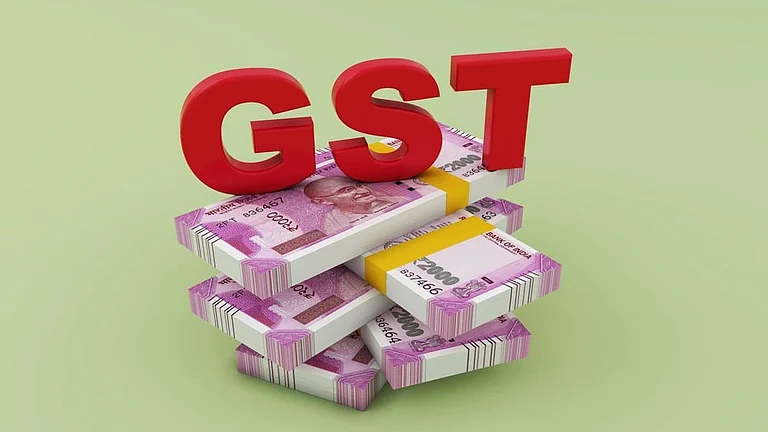
CBIC clarifies GST treatment of post-sale discounts, addressing industry concerns on Input Tax Credit (ITC) and taxable value.
The move will help reduce disputes on discount-related GST treatment, experts say.
The circular says that commercial credit notes do not reduce the original supply value or GST liability.
The Central Board of Indirect Taxes and Customs (CBIC) on September 12 issued a circular to clarify the treatment of secondary or post-sale discounts under GST. The circular addresses doubts raised by industry stakeholders regarding how such discounts affect Input Tax Credit (ITC) and the taxable value of supplies.
“This is a welcome circular as it provides much-needed clarity on the GST treatment of various types of discount transactions between manufacturers and distributors/dealers. The clarification will help industry and trade execute such transactions with greater certainty and reduce disputes around what has long been a contentious issue," said Abhishek Jain, Partner & National Head, Indirect Tax at KPMG in India.
As per the circular, when a supplier issues financial or commercial credit notes, the transaction value of the original supply does not reduce, and the supplier’s tax liability remains unchanged.
A commercial credit note is a document issued by a supplier to a buyer to provide a financial adjustment (such as a discount or rebate) without reducing the supplier’s original GST liability.
“The recipient will not be required to reverse the Input Tax Credit attributed to the discount provided on the basis of financial/commercial credit notes issued by the supplier, as there is no reduction in the original transaction value of the supply and accordingly the corresponding tax liability would also not get reduced," the circular stated.
It further confirmed that when a manufacturer provides a post-sale discount to a dealer without any agreement with the end customer, the sale between the manufacturer and the dealer is independent of the dealer’s subsequent sale to the end customer.
In such cases, the discount merely reduces the dealer’s purchase price and is not treated as “consideration” for further supply of goods, as defined under Section 2(31) of the CGST Act.
However, if there is an agreement between the manufacturer and the end customer to supply goods at a discounted rate, the manufacturer may issue credit notes to the dealer to enable the end discount. These discounts must be included as part of the overall consideration because they serve as inducement for the dealer to sell to the end customer at the agreed rate.
If a dealer receives post-sale discounts from a manufacturer and undertakes promotional activities, the discount does not automatically become consideration for the dealer’s services. Since such promotional activities enhance the dealer’s own sales of goods they own, the discount is considered a reduction in purchase price rather than payment for a service.
In such cases, GST applies only if the dealer performs specific promotional services—such as advertising, co-branding, sales campaigns, exhibitions, or customer support—that are explicitly mentioned in an agreement with defined consideration. Only then is the supply of services distinct and taxable under GST.
According to Jain, businesses may need to carefully revisit scenarios involving agreements with end customers for passing on specific benefits to end-consumers through dealers in the supply chain.

































